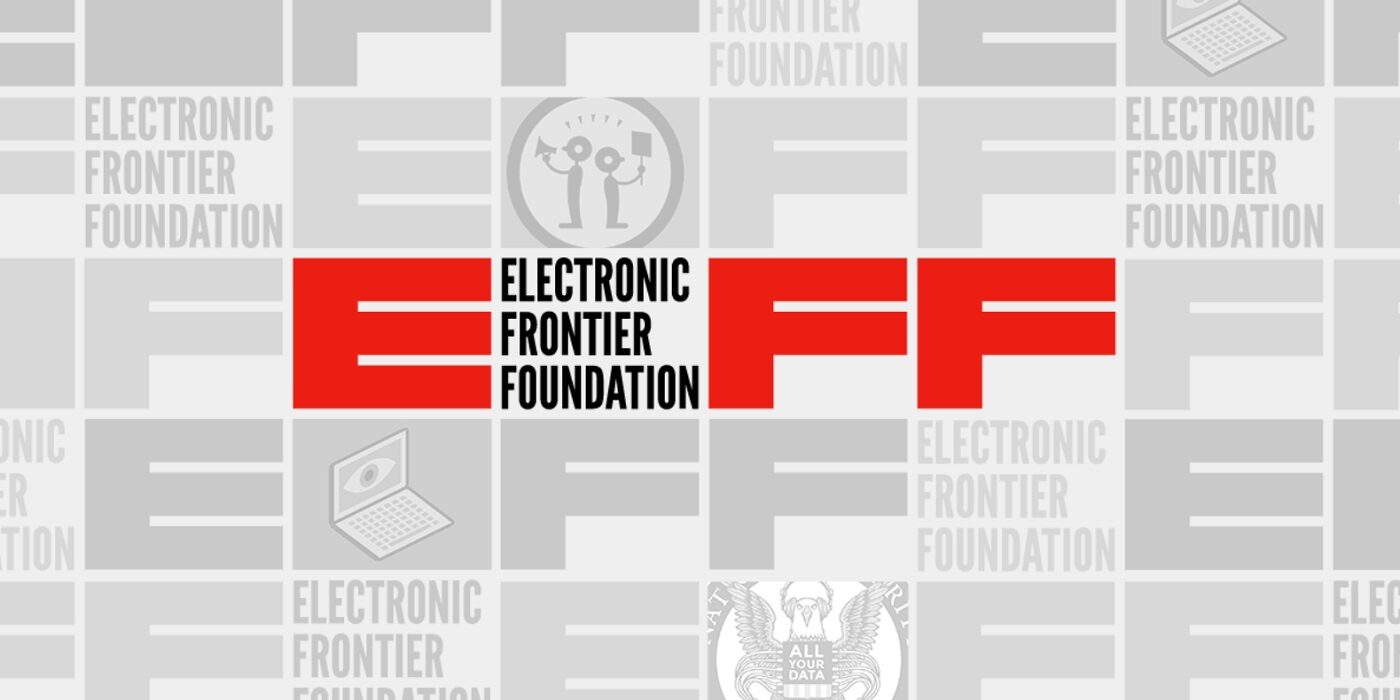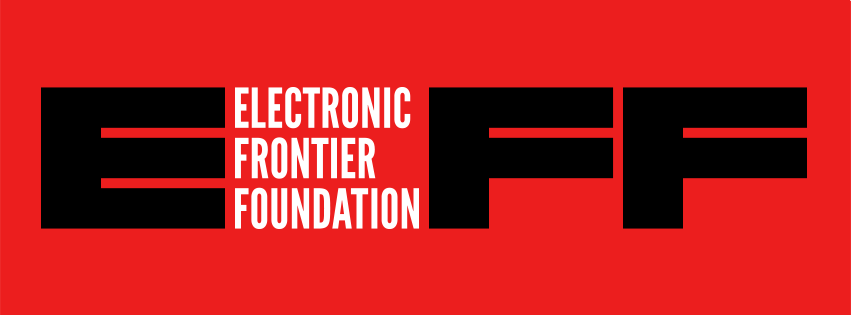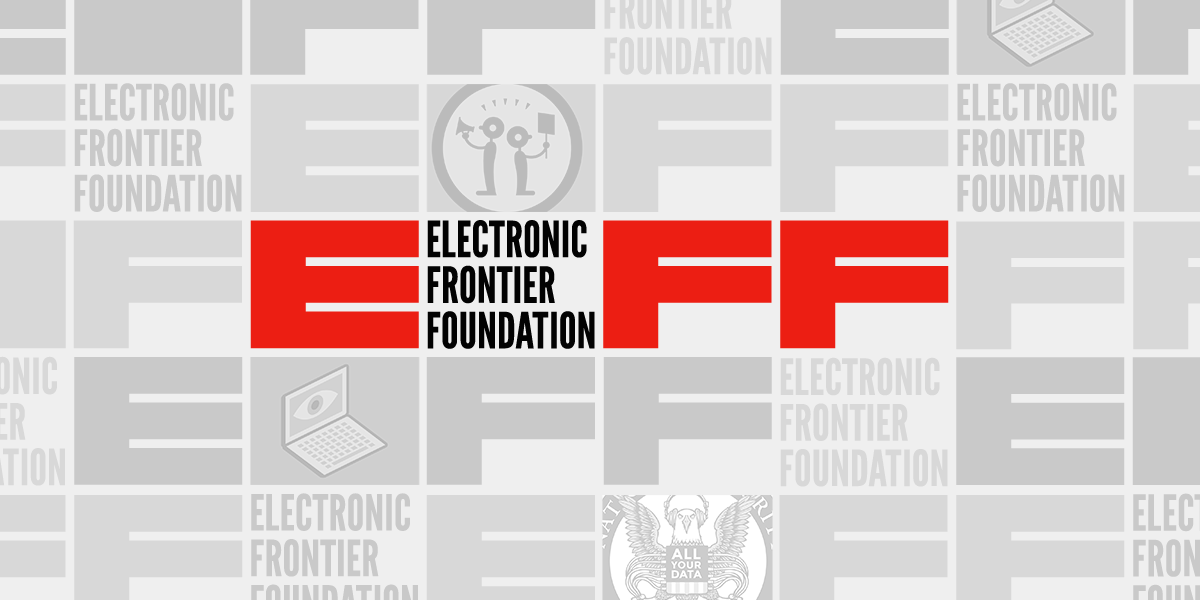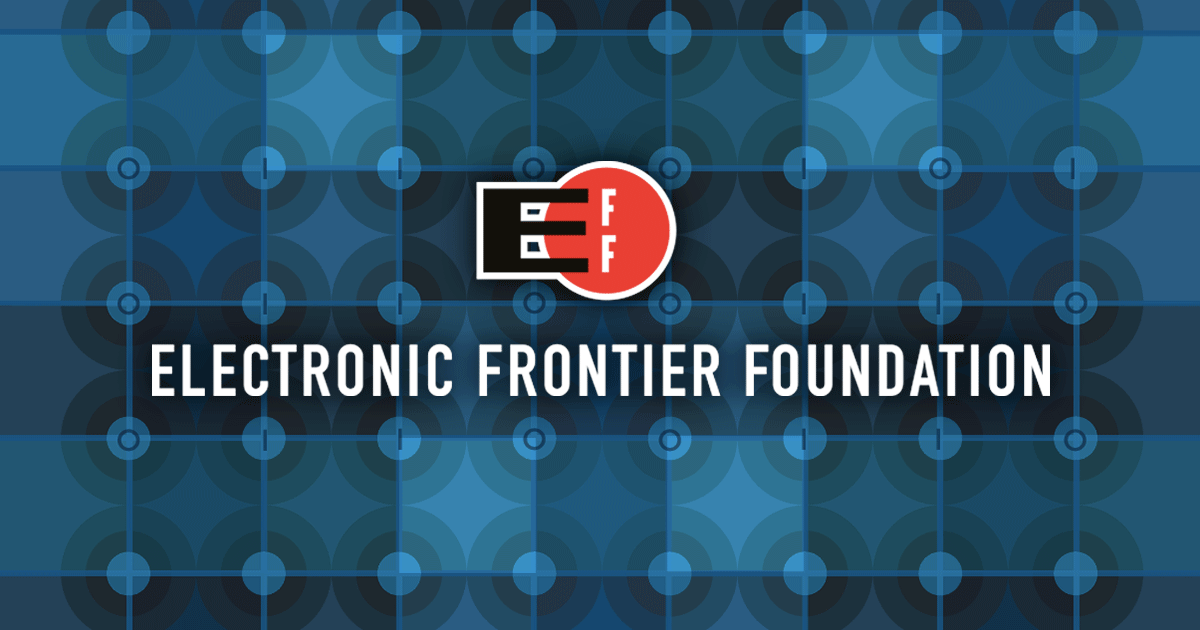The EFF Weighs In On D&D and the ‘Trap’ of the OGL

According to the Electronic Frontier Foundation, you may have fewer rights under D&D’s OGL than without it, calling it a “trap for creators.”
As we enter the first full week of the ongoing D&D OGL 1.1 uproar, the Electronic Frontier Foundation weighed in, talking about how the Open Gaming License may have been a trap for creators in the first place.
The Electronic Frontier Foundation is the leading nonprofit organization for defending civil liberties in the digital world. Since 1990, the EFF has championed privacy, free expression, and innovation through its various activities which include: impact litigation, policy analysis, grassroots activism, and technology development. And since the OGL has a lot in common with other Open Source movements, it seems reasonable that they’d have some insights.
And their chief insight is that the OGL’s main function isn’t providing the rules of D&D to everyone, but rather clearly outlining the cases in which WotC wouldn’t sue.
The EFF Weighs In – D&D’s OGL May Have Become a Trap
Catchy headlining aside, the EFF provides a great breakdown of what makes the OGL work. If you were curious, they’ve got a fairly substantive but easy-to-parse explanation.
Again, none of this is actual legal advice. If you want that, consult a lawyer, preferably one versed in IP/copyright law. But if you’re measuring the wind, or just following along at home wondering what any of this means, then, in a nutshell:
An open license is an offer to allow people to use your materials in the ways you specify, despite some legal right such as a copyright that would otherwise entitle you to withhold permission. For instance, the Creative Commons Attribution license provides rights to adapt and share a copyrighted work, so long as the user gives you credit, or “attribution.”
But they go on to point out that an open license only makes sense if the work is actually copyrightable. And, traditionally, things like recipes and phone books and more importantly rules of games aren’t necessarily copyrightable. As they point out in their section titled “what’s copyrightable about a roleplaying game?”
“Copyright grants an author a limited monopoly over their creative expression. It doesn’t cover bare facts, mere ideas, systems, or methods. But it does cover the creative way that a person expresses facts, ideas, and so forth, provided that the expression has sufficient creativity. A roleplaying game book often includes both a description of a mechanical system and creative, fictional elements.
When describing a noncopyrightable game mechanic, I might do it in a dry, noncopyrightable way, or I might do it in a creative, copyrightable way.”
So a spell that turns someone invisible isn’t copyrightable, for instance. But the narrative elements behind the spell might be. There’s a great example in the article.
Why OGL in the First Place
The EFF goes on to point out that most people who publish works under the OGL are actually giving up rights that they already have had they not agreed to it.
“For most users, accepting this license almost certainly means you have fewer rights to use elements of Dungeons and Dragons than you would otherwise. For example, absent this agreement, you have a legal right to create a work using noncopyrightable elements of D&D or making fair use of copyrightable elements and to say that that work is compatible with Dungeons and Dragons. In many contexts you also have the right to use the logo to name the game (something called “nominative fair use” in trademark law). You can certainly use some of the language, concepts, themes, descriptions, and so forth. Accepting this license almost certainly means signing away rights to use these elements. Like Sauron’s rings of power, the gift of the OGL came with strings attached.”
But those strings might be worth it, because the primary benefit of the OGL, according to the EFF is that “you know under what terms Wizards of the Coast will choose not to sue you.” Which can save costly legal battles that would prove you actually can do what you say you’re doing.
And that legal certainty led to many companies using the D&D SRD to publish their works. It’s why there were so many 3.0 third-party games, and how Pathfinder came to be.
With a sort of cultural commons, people could take what they liked and build off of that.
Open License Lessons
As the article points out, with the OGL as it was in place, people were able to build whole careers by making the content they wanted. But there’s technically nothing stopping someone from making a game “mechanically similar” to Dungeons & Dragons or even announcing that the game is compatible with Dungeons and Dragons.
But if the OGL gets revoked, “that might change the calculus for creators going forward.” All of which the EFF wraps up by referring to open licenses that are robust and thorough:
“Licenses like Creative Commons and the GNU Public License were written to serve the interests of creative communities, rather than a corporation, and it shows. Beware corporate policies about the acceptable use of their copyrighted materials that wind up being restrictions on your fair use rights rather than the grant of meaningful permission.”
How do you think this will change things going forward?







